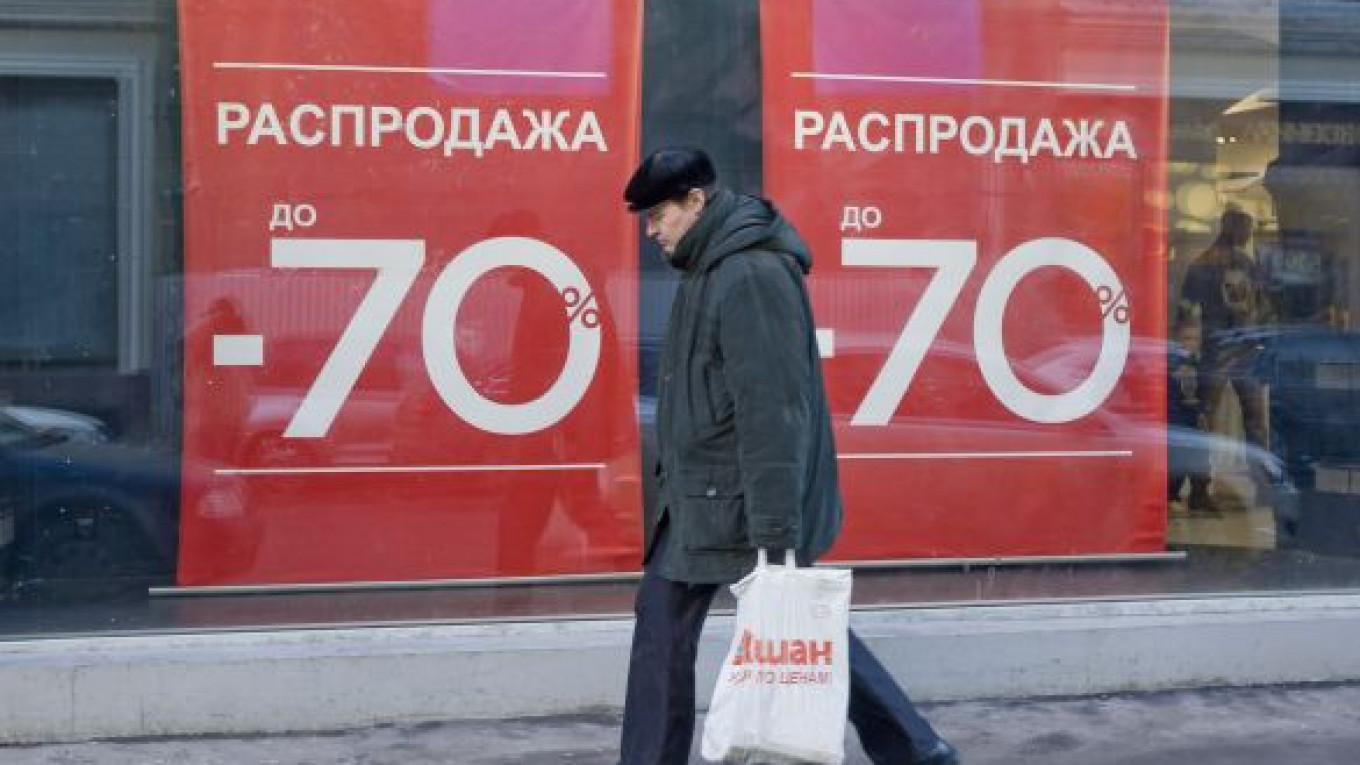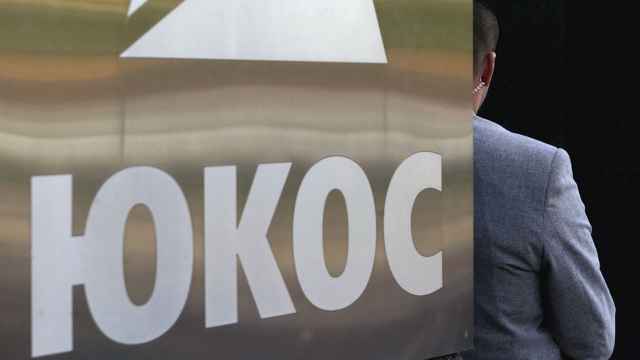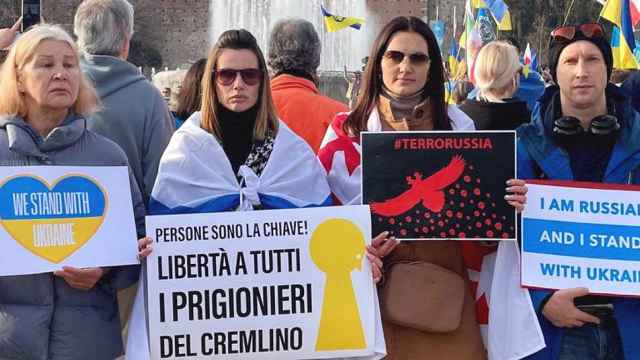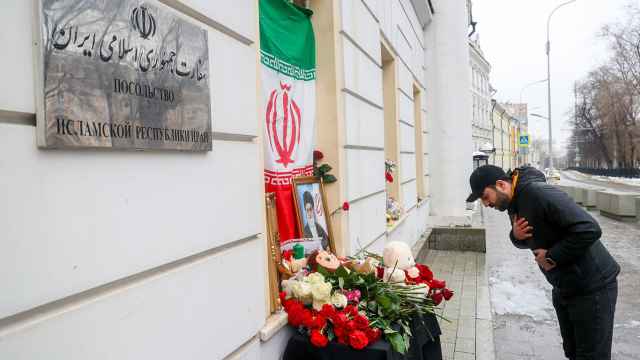Optimism among consumers of seven developing countries is second to last in Russia, according to the Credit Suisse Research Institute, with only the rich expecting income growth.
Confidence of developing countries' residents for 2011 is high, Credit Suisse researchers determined based on a survey of 13,000 people in Brazil, Russia, India, China, Saudi Arabia, Indonesia and Egypt. Consumption will be driven by increasing incomes: 38 percent of those surveyed anticipate that their income will grow, while only 9 percent think it will decline.
The most optimistic are Brazilians (63 percent expect their financial situation to improve, while only 4 percent expect it to worsen) and Chinese (45 percent versus 6 percent). The most pessimistic are Egyptians (12 percent versus 38 percent), with Egypt having the highest level of poverty of the seven countries.
Russians turned out to be extremely cautious, with 27 percent foreseeing improvement in their financial standing and 10 percent expecting decline. This balance of positive and negative expectations was worse only in Egypt.
Researchers discovered that last year income grew the least in Russia and Egypt. The portion of income spent on food was the largest in Russia and Egypt — 35 and 40 percent, respectively.
In China, Indonesia and Brazil, every income bracket anticipates growth in real income — whereas in Russia and Saudi Arabia, only the rich expect growth. In Saudi Arabia, sales of luxury goods are growing strongly, while in Russia real estate and automobile sales are doing well.
China avoided the recession, and the speed of its growth encourages optimism, while Brazil is renowned for its favorable investment climate, BNP Paribas economist Yulia Tseplyayeva reasoned. But in Russia, claims of achievements strongly differ from reality. Large segments of the population have yet to feel the end of the financial crisis.
In the beginning of last year, optimism gained slightly, but by the summer, that growth fell to zero, Levada Center department head Marina Krasilnikova said. In her opinion, a key characteristic of 2010 was worsening expectations. "The current situation's assessment is unchanging, and the outlook is even hazier," she said.
Krasilnikova said people don't see any signs of a change for the better, sources of economic growth or their own prosperity. "People don't see where they can invest to be confident in the future," she said.
Currently the consumer sentiment index, as measured by the Levada Center, is 13 percent lower than its pre-crisis peak, Krasilnikova explained.
Over the past two years, the motivation to set aside savings has risen to a 10-year high, with almost half the population saving for a rainy day, she said. The volume of bank deposits last year grew 27 percent, despite interest rates going down.
Consumers have yet to recover from the crisis, X5 Retail Group corporate relations director Mikhail Susov said. "People are saving more, looking for bargains, sacrificing quality for low prices."
Russian Auto Dealers association president Dmitry Gulin said car sales will steadily grow. In 2010, the market gained 30 percent year on year. In 2011, it will grow another 15 to 30 percent, but it won't reach its pre-crisis levels, he said.
Demand for apartments in 2011 will also grow, but only thanks to a small portion of the population, said a representative of SU-155. In 2010, customers came out in force thanks to pent-up demand from the crisis.
The chief executive of clothing retailer Modny Kontinent, Alexander Popov, is optimistic about the future. In 2010, demand grew 15 percent with an increase in average bill size and traffic; in 2011, sales will grow 19 percent. "Customers are sensing that the crisis is ending," Popov said.
A Message from The Moscow Times:
Dear readers,
We are facing unprecedented challenges. Russia's Prosecutor General's Office has designated The Moscow Times as an "undesirable" organization, criminalizing our work and putting our staff at risk of prosecution. This follows our earlier unjust labeling as a "foreign agent."
These actions are direct attempts to silence independent journalism in Russia. The authorities claim our work "discredits the decisions of the Russian leadership." We see things differently: we strive to provide accurate, unbiased reporting on Russia.
We, the journalists of The Moscow Times, refuse to be silenced. But to continue our work, we need your help.
Your support, no matter how small, makes a world of difference. If you can, please support us monthly starting from just $2. It's quick to set up, and every contribution makes a significant impact.
By supporting The Moscow Times, you're defending open, independent journalism in the face of repression. Thank you for standing with us.
Remind me later.






